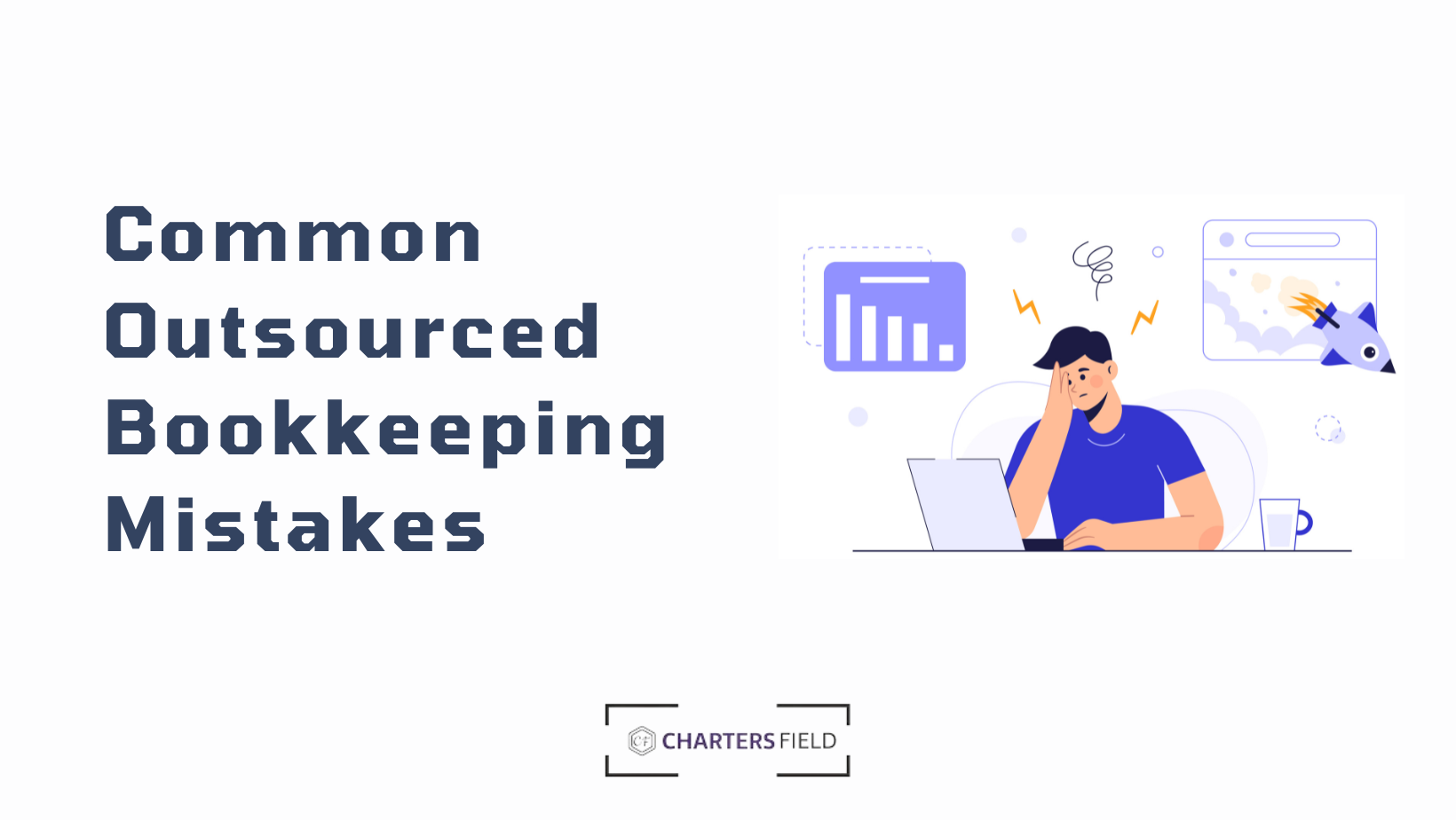In the realm of business management, outsourcing bookkeeping tasks has become a popular choice for many small and medium-sized enterprises. By delegating financial record-keeping to specialized services, businesses can focus on core operations while ensuring accurate and efficient management of their financial data. However, navigating the world of outsourced bookkeeping comes with its own set of challenges. In this article, we’ll delve into common outsourced bookkeeping mistakes and provide valuable insights on how to sidestep them for a smoother financial management process.
Importance of Outsourced Bookkeeping Services
Outsourcing bookkeeping offers several advantages, including cost-effectiveness, expertise, and time savings. However, to fully leverage these benefits, businesses must avoid critical mistakes that can compromise the effectiveness of their outsourced arrangements.
1. Lack of Clarity in Requirements
One of the most common mistakes businesses make when outsourcing bookkeeping is failing to clearly define their requirements. Without a comprehensive understanding of the scope of work, reporting needs, and expected outcomes, miscommunication and errors can easily arise.
How to Avoid
Before engaging an outsourced bookkeeping service, document clear expectations, including the frequency of reporting, specific tasks to be performed (e.g., accounts payable/receivable, payroll processing), and preferred communication channels. Regularly communicate with the service provider to ensure alignment and address any discrepancies promptly.
2. Not Choosing the Right Bookkeeping Service
Another pitfall is selecting a bookkeeping service solely based on cost or without thoroughly vetting their credentials and experience. This oversight can lead to subpar performance and potential inaccuracies in financial reporting.
How to Avoid
Research multiple bookkeeping service providers, paying attention to client testimonials, reviews, and industry reputation. Verify the qualifications and expertise of the service provider by asking for references and assessing their track record with similar businesses.
Read more… Why Outsourcing Accounting Boosts Business Growth and Revenue in 2024
3. Failure to Review and Analyze Reports Regularly
Many businesses only look at their financial reports during tax season, neglecting them for the rest of the year. This can result in missed opportunities to identify trends, detect anomalies, and make informed business decisions.
How to Avoid:
Establish a regular schedule for reviewing financial reports, such as monthly or quarterly. Take the time to understand the data presented, seek clarification on unfamiliar terms or figures, and leverage these insights to inform strategic planning and financial management.
4. Poor Data Security Practices
In an era of increasing cyber threats, overlooking data security measures can pose significant risks to sensitive financial information. Sharing data insecurely or lacking proper backup procedures can expose businesses to breaches and data loss.
How to Avoid
Use secure communication channels for sharing financial data with the outsourced bookkeeping service. Implement data encryption and access controls to protect sensitive information. Regularly backup data to secure locations to mitigate the impact of potential data breaches.
5. Failure to Monitor and Manage Cash Flow
Effective cash flow management is essential for sustaining business operations and growth. Neglecting to track invoices, payments, and cash flow projections can lead to liquidity issues and financial instability.
How to Avoid
Implement robust invoicing and payment tracking systems. Develop cash flow forecasts to anticipate future financial needs and manage working capital efficiently. Regularly monitor accounts receivable and payable to optimise cash flow.
Conclusion
Outsourcing bookkeeping can be a game-changer for businesses seeking to streamline financial operations and focus on core business activities. However, avoiding common outsourced bookkeeping mistakes is crucial to maximising the benefits of these services. By defining clear requirements, choosing the right service provider, regularly reviewing financial reports, prioritising data security, and actively managing cash flow, businesses can optimise their outsourced bookkeeping arrangements and drive financial success.
Remember, proactive management and effective communication with outsourced bookkeeping services are key to building a strong financial foundation for your business.

